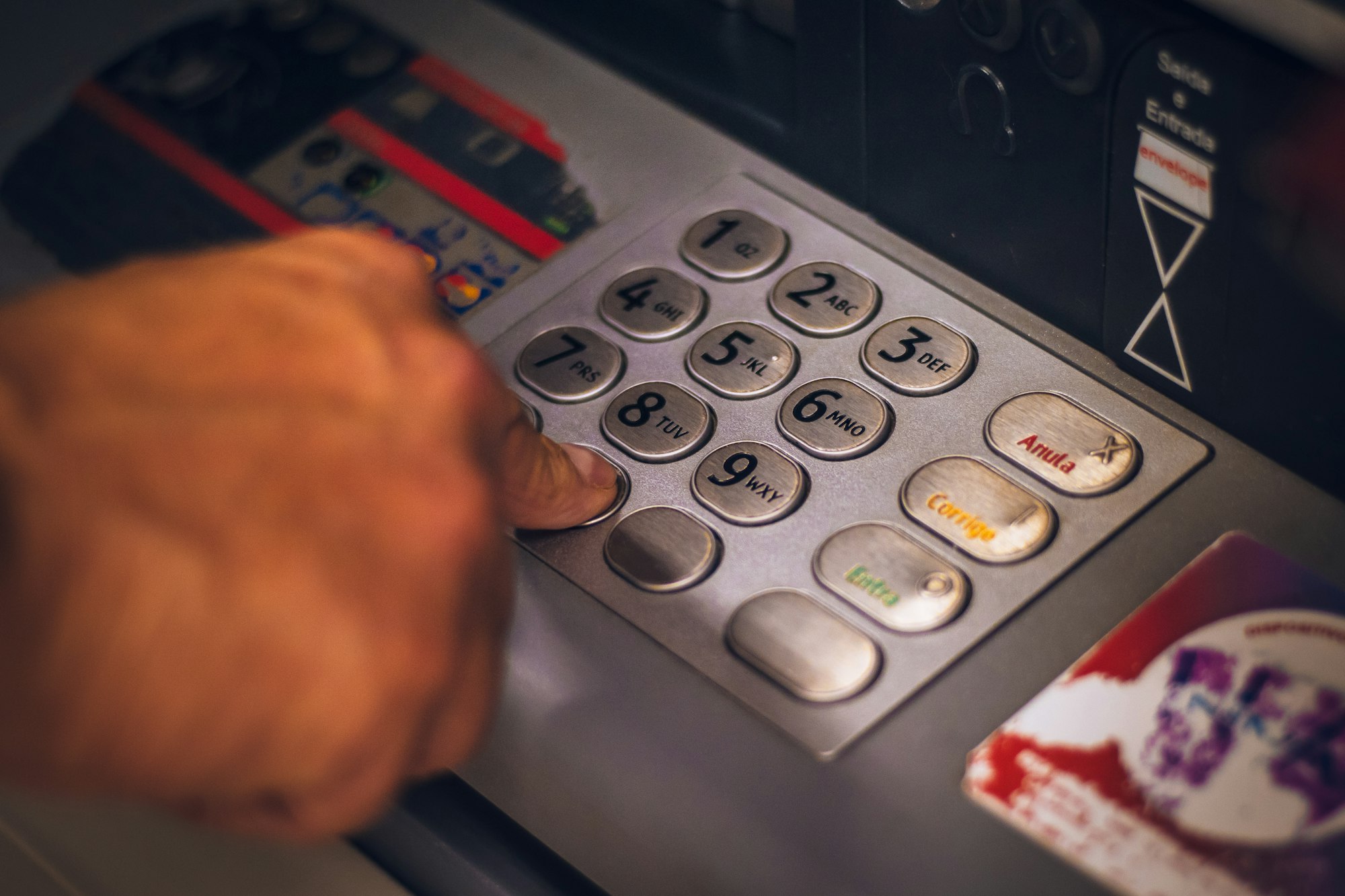🤑 Is Nigeria ready for a cashless economy?

Despite the upsides to a new cashless policy, there remain issues and questions about the way the policy has been implemented.
Welcome to The Draft, the Techloy newsletter that brings you data-led news and insights into technology across the world's largest emerging markets from trusted sources.
This week (end)'s edition was curated by Emma and edited by Loy.
Over the last several weeks, banks in Nigeria have been thrown into a quagmire following the introduction of a cashless policy conundrum by the country's banking regulator.
With over 900,000 POS terminals, 14,000 ATMs and 1.4 million PoS agents in Nigeria, generating ₦6 trillion in transactions (up from ₦48 billion in 2012) as of December 2022, according to statistics from the Central Bank of Nigeria (CBN), it would seem that the transition to a cashless economy would be an easy feat.
In a country with over 200 million people and a heavily unbanked and under-banked population (currently at around 60%) – remaining one of the top seven countries in the world with a sizeable part of the population unbanked, according to a recent Work Bank report – Nigerians and residents of the country have continued to face the harsh realities of the CBN's cashless policy.
From dealing with the unavailability of the new Naira banknotes, the excessively frustrating long queues at banks, the distressing tussles experienced while attempting to replace the old banknotes, to the additional cost of withdrawing cash from Point of Sale (PoS) agents with some individuals being charged up to 20% in fees for withdrawals, the country is indeed experiencing a tumultuous period in the middle of an upcoming general election later this month.
Banks have also been accused of hoarding the new Naira notes, thereby causing artificial scarcity, while they have been alleged to provide the same to PoS agents, Bureau de Change operators, and 'VIPs', while the majority of the banked are denied access to their own funds. The situation has cascaded into civil unrest in several locations with rioters engaging in vandalism of the physical branches of banks in Lagos, Edo and other parts of the country.
From a tech perspective, there has been pressure on most of the bank's mobile apps due to the surge in mobile transactions, which has prevented several millions of customers from accessing their funds. Personally, I have had to wait for three days to access money in one of my bank apps (name withheld).
Still, the apex bank's chief Godwin Emefiele believes that the policy would "solve the problem of reducing corruption and illicit financial flows", curbing the problems in the economy, and reducing the issue of insecurity in the country – the three issues which he described as "the tripod of this [the Buhari] administration policy" that are all embedded in the Cashless Naira policy.
Last December, the CBN introduced the redesign of the 200-, 500- and 1000-Naira banknotes and issued a directive on the collection of legitimately held old notes over a 90-day period which ended on February 10, 2023. In a broadcast on Thursday, February 16, President Muhammadu Buhari announced that approval has been given to the CBN to release the old ₦200 banknotes into circulation as legal tender along with the new ₦200, ₦500, and ₦1000 banknotes until April 10, 2023, when the old ₦200 notes would cease to be legal tender.
Following the introduction of the cashless policy, mobile transactions have seen tremendous growth as Yeboah writes in this story, citing government data which showed that mobile transfers in Nigeria experienced a significant year-on-year increase of 230.6% in January 2023, while the transaction volume rose to 108.1 million in January 2023, compared to 32.7 million during the same period in 2022.
But while these figures reflect an upside to this new policy's effectiveness at encouraging the adoption of digital payments and financial inclusion in the country, there remain issues and questions about the way the policy has been implemented.
What better approach do you think the CBN could have taken to phase out the old Naira banknotes? Do you think there is more to this development, perhaps political? Is Nigeria actually ready for a cashless economy?
The rest of this week's edition of The Draft continues below, featuring company layoffs, new product releases, business expansions, acquisitions, startup funding, and mobile industry insights.
To a better cashless society,
– Emmanuel, Data Journalist at Techloy.com





